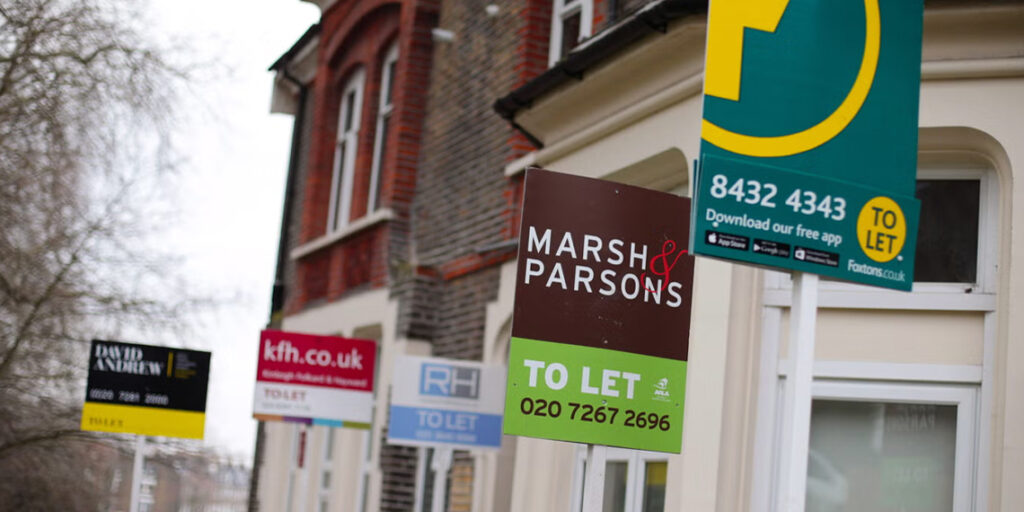In 2024, the collective rent paid by Britain’s younger tenants surged by £3.5 billion to a historic high, influenced by landlords passing on increased mortgage expenses, a survey by Hamptons reveals.
Renters under 45 now contribute 66% of all rent payments, totalling an unprecedented £56.2 billion in 2024.
This rise coincides with the Bank of England‘s interest rate hikes, implemented to manage the inflation crisis, which led to peak rent increases of 10.2 per cent in December 2023, tapering to 2% subsequently.
The unstable housing market has exacerbated challenges for young individuals aspiring to buy homes, pushing the number of renters under 45 up by nearly 150,000 last year, reaching 3.4 million—the sharpest increase in a decade.
This surge aligns with the termination of the government’s Help to Buy scheme in March 2023, a critical support for nearly a third of first-time buyers over the past ten years.
Aneisha Beveridge, head of research at Hamptons, commented, “Higher mortgage rates have significantly hindered the homeownership aspirations of many young people, positioning millennials to predominate the rental market.
The necessity to save more over longer periods and earn more to secure similar borrowing levels means younger generations will likely rent for extended durations.”
Contrastingly, the rental burden on older tenants decreased by £700 million to £29.1 billion last year, with the number of renters over 45 dropping by 79,000.
Despite challenges such as the pandemic and the cost of living crisis, Halifax reported a 25% increase in house prices over the past five years, reaching an average of £300,000 across the UK.
The Office for National Statistics noted house prices rising at an average annual rate of 3.3% in November across the UK, with regional variations.
Furthermore, Rightmove recorded a 1.7 per cent increase in average asking prices for new homes in January, marking the most significant new year increase since before the pandemic, pushing the average to £366,189.
Looking forward, the rental market faces upward pressure as landlords are likely to transfer additional costs to tenants in anticipation of Labour’s upcoming Renters’ Rights Bill.
This bill, expected to pass later this year, aims to reform the private rental sector significantly, including ending no-fault evictions and capping deposits at six weeks’ rent.
While welcomed by campaigners, the National Residential Landlords Association warns that landlords may incorporate these new costs into future rents.


